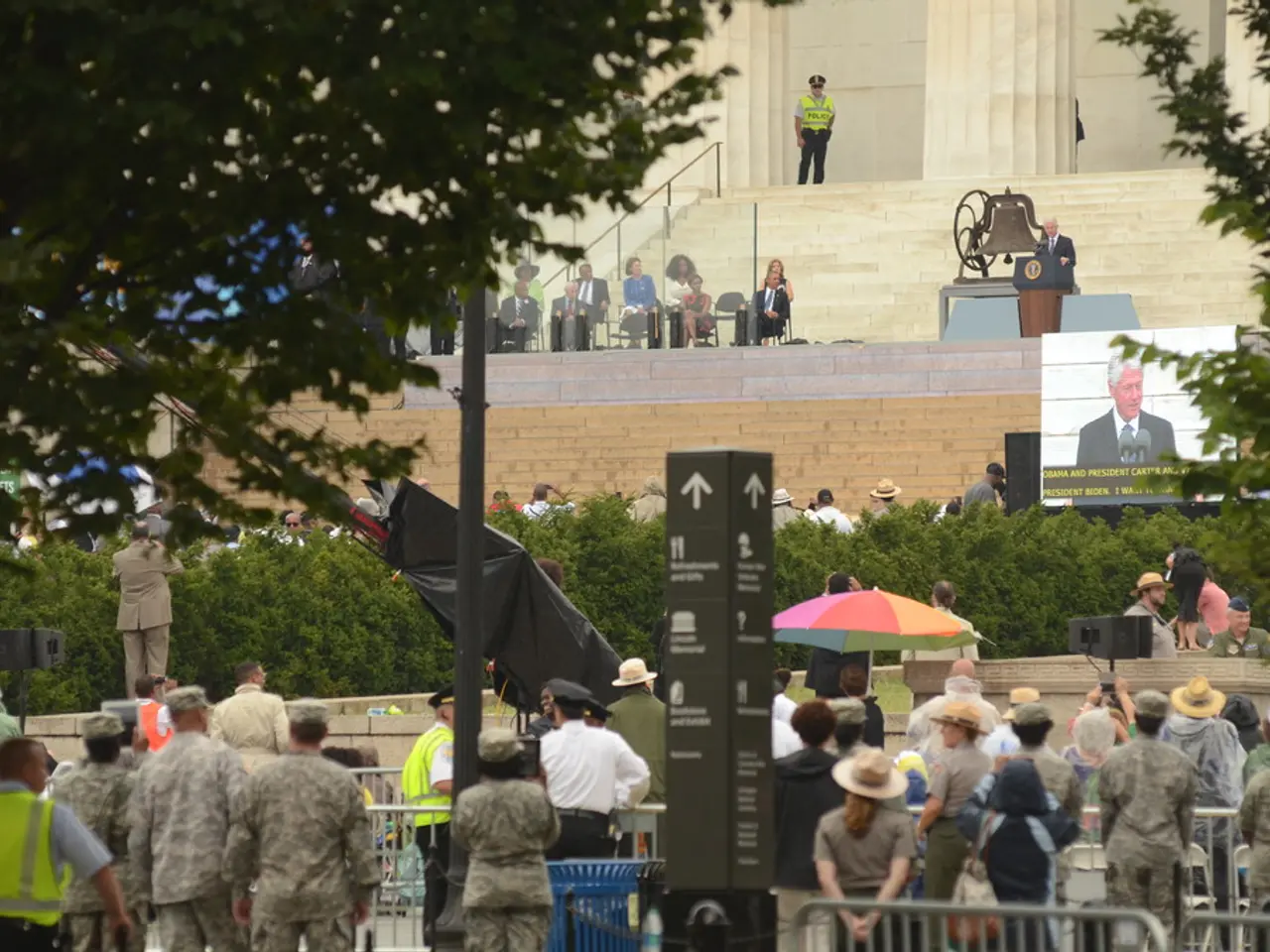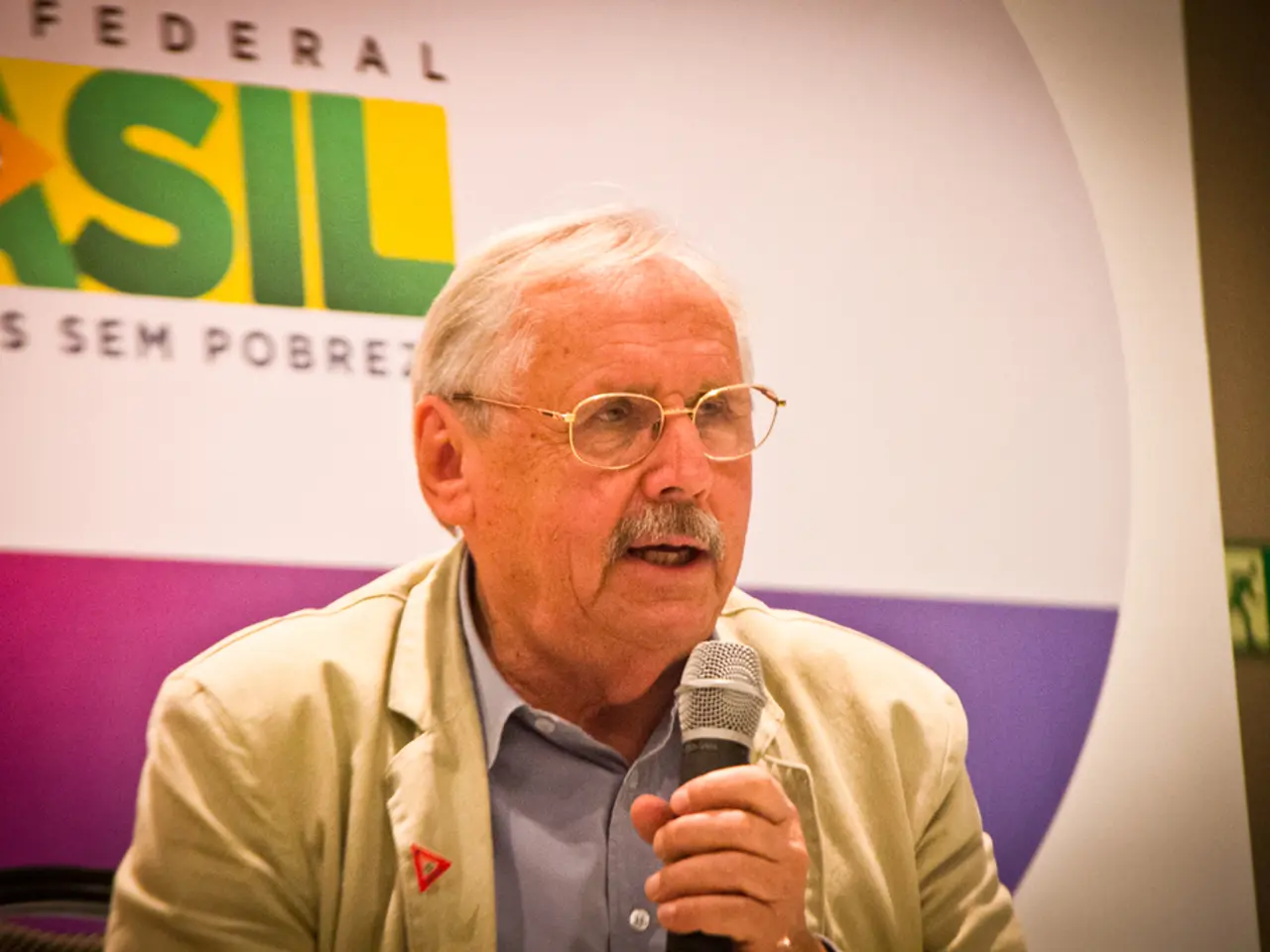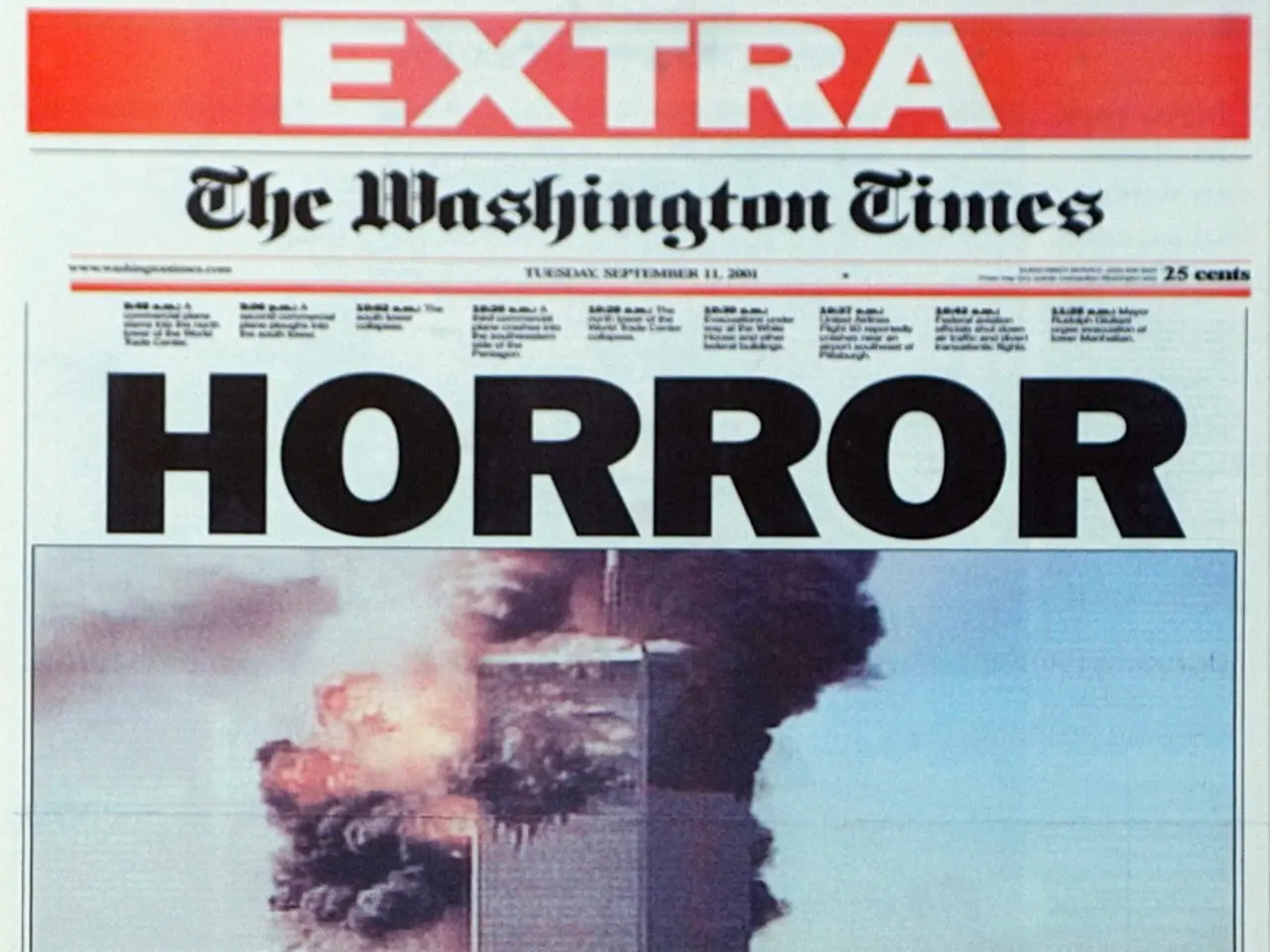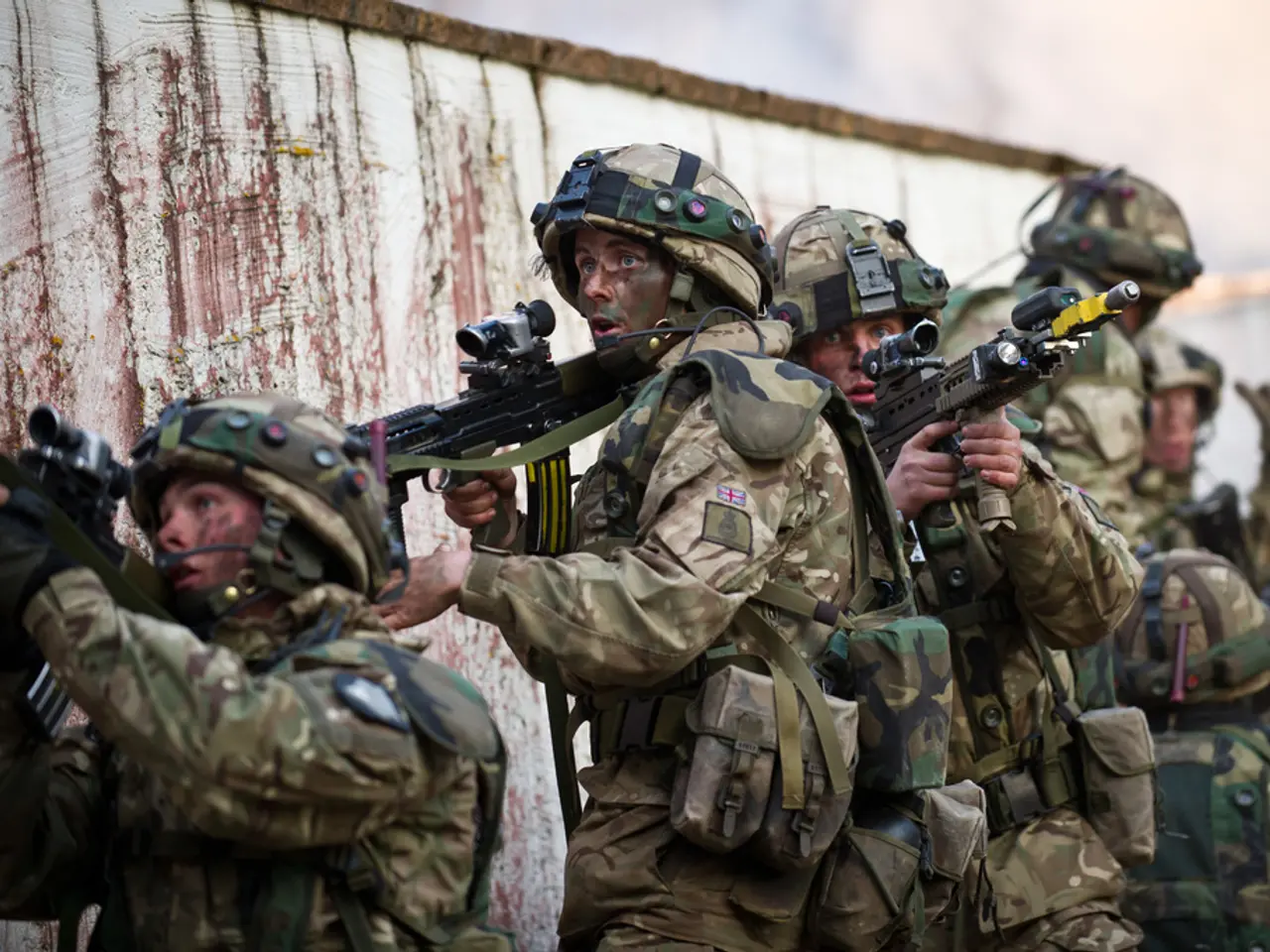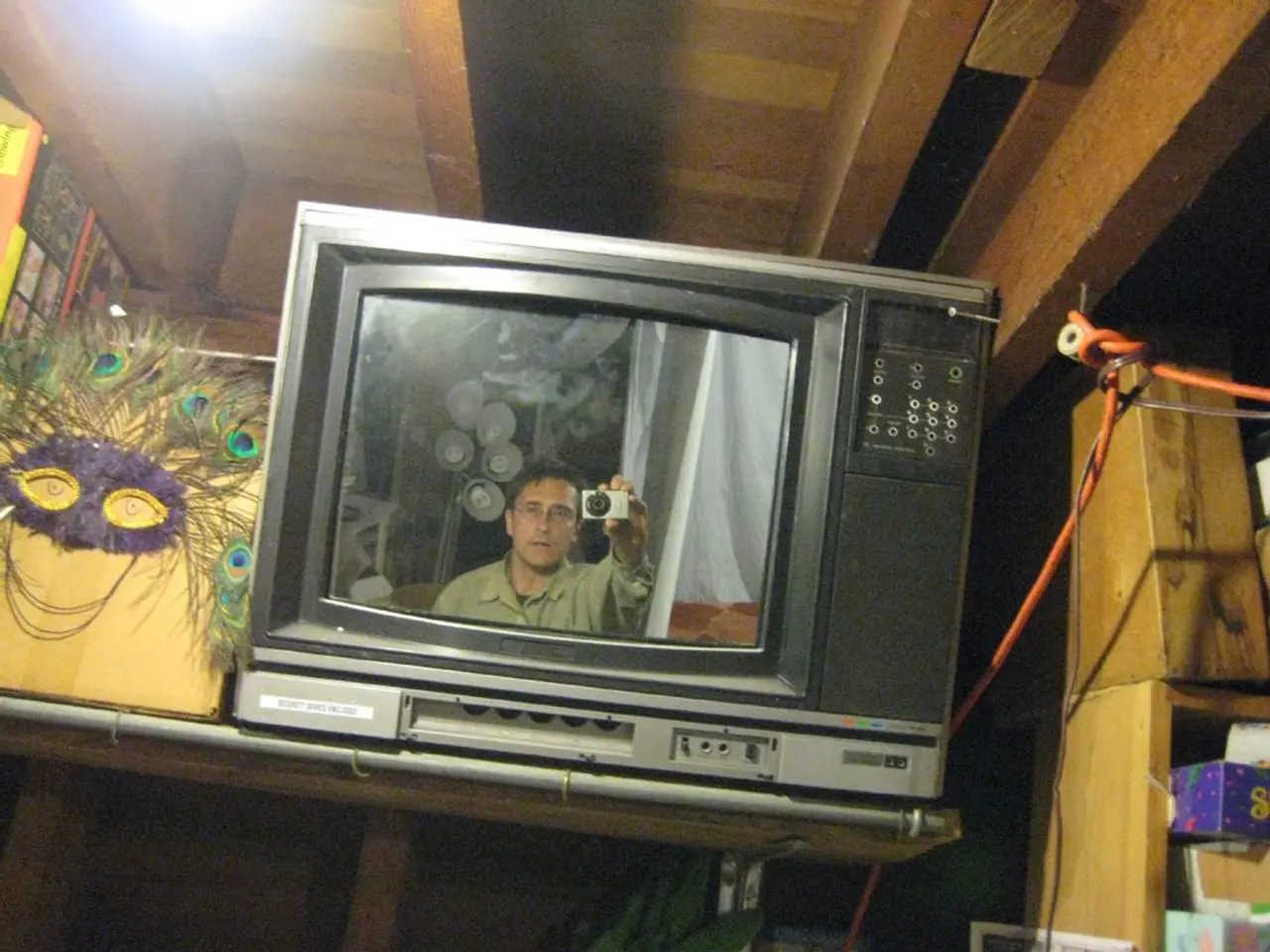Iran yields ground in standoff with Atomic Energy Organization
In a significant development, Iran's Foreign Minister Abbas Araghchi announced on July 12, 2025, that the country's cooperation with the International Atomic Energy Agency (IAEA) will take on a new form. This change comes after Iran formally ended its prior cooperation earlier in July, following an Israeli bombing campaign on Iranian nuclear and military sites[1][3].
The new form of cooperation will see all interactions and requests with the IAEA managed and reviewed on a case-by-case basis by Iran's Supreme National Security Council. This shift reflects a more controlled and selective engagement with the agency[2].
Iran has expressed dissatisfaction with the IAEA's performance, particularly criticizing a recent IAEA report and the resulting Board of Governors resolution, which Iran believes were used as pretexts for military attacks on its nuclear facilities[3]. Despite the changes, Iran remains committed to the Non-Proliferation Treaty (NPT) and affirms it is not pursuing nuclear weapons, citing a Supreme Leader's fatwa banning their production[3].
Iran has also expressed a willingness to engage in future dialogue on its nuclear program but demands assurances that negotiations will not lead to renewed military conflict, referencing the recent strikes by Israel and the U.S.[1][3]. Iran insists that any future agreement must respect its right to uranium enrichment and will not accept terms that exclude this activity[3].
The IAEA continues to maintain a presence in Iran, with inspectors ready to conduct safeguard inspections as safety and security conditions allow, despite some reduction in agency staff due to security concerns[2].
In a recent statement, Iranian Foreign Minister Abbas Araghtschi reiterated that Iran is still prepared for diplomacy regarding the nuclear talks[4]. IAEA inspectors left Iran last week after the formal suspension of cooperation.
This development marks a tense but not completely severed relationship between Iran and the IAEA, with both parties seeking a diplomatic resolution while protecting their respective interests. The conflict between Iran and the international community over its nuclear program continues to be a significant geopolitical issue.
[1] Iran News Wire. (2025, July 13). Iran Announces New Form of Cooperation with IAEA. Retrieved from https://www.irannewswire.com/iran-announces-new-form-of-cooperation-with-iaea/
[2] Reuters. (2025, July 14). IAEA Inspectors Leave Iran After Cooperation Suspension. Retrieved from https://www.reuters.com/world/middle-east/iaea-inspectors-leave-iran-after-cooperation-suspension-2025-07-14/
[3] BBC News. (2025, July 12). Iran Changes Cooperation with IAEA amid Nuclear Tensions. Retrieved from https://www.bbc.com/news/world-middle-east-59064199
[4] Al Jazeera. (2025, July 15). Iran's Araghchi: Ready for Diplomacy on Nuclear Talks. Retrieved from https://www.aljazeera.com/news/2025/7/15/irans-araghchi-ready-for-diplomacy-on-nuclear-talks
Community policy discussions in the general-news arena are likely to include Iran's shift in engagement with the International Atomic Energy Agency (IAAE), as the country's Supreme National Security Council now manages and reviews all interactions and requests with the agency on a case-by-case basis. This adjustment in policy comes against the backdrop of political tensions, with Iran voicing dissatisfaction with the IAEA's performance and expressing a preference for controlled and selective cooperation.
In the realm of employment policy, ongoing dialogue between Iran and the international community over its nuclear program may impact employment prospects in the diplomatic sector, as both parties strive to protect their respective interests while seeking a diplomatic resolution. Iran's Foreign Minister has reiterated his readiness for diplomacy regarding the nuclear talks, indicating that the employment landscape in this domain could be subject to ongoing negotiations and geopolitical developments.
